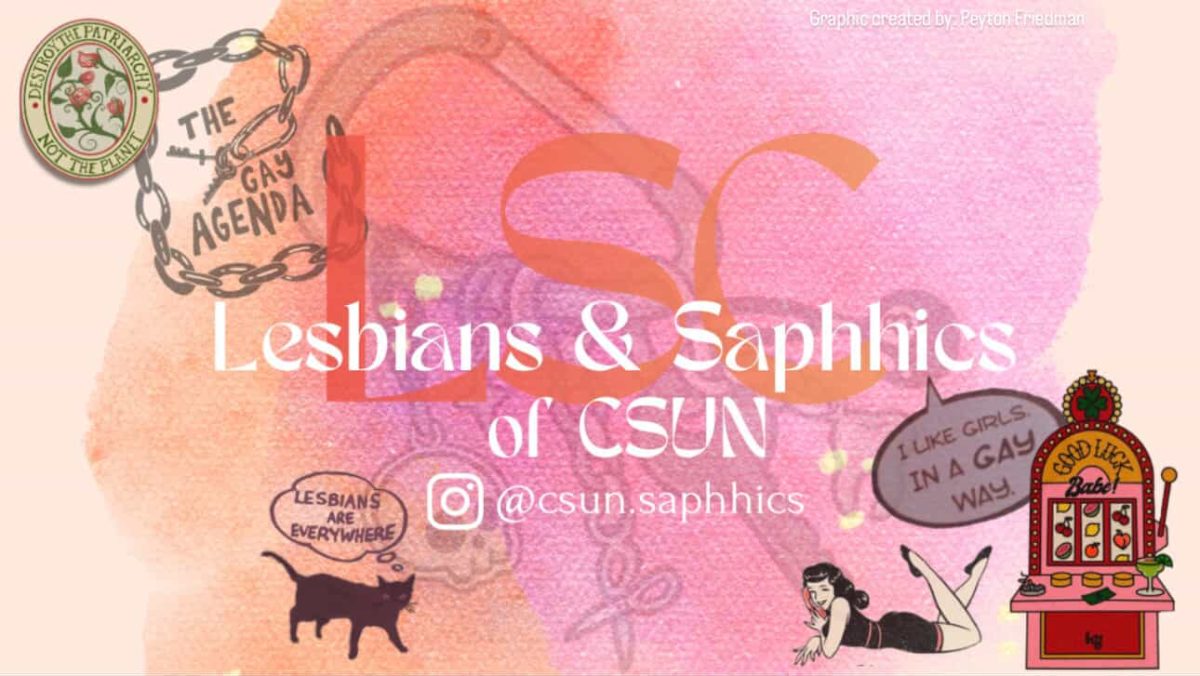Students who do not want to search for parking in the beginning of the semester have options like parking near the dorms, taking public transportation, or trying the new Zipcar rental service.
The Zipcar program is a new initiative, sponsored by the CSUN police department (PD) and Associated Students (AS), that allows people to rent a car, without having to go to a car rental lot.
“The program is meant to benefit CSUN students as well as faculty and staff in lowering gas emissions, parking congestion and [it] encourage[s] students that do drive to take public transit,” said Natalie Torlano, vice chair of environmental affairs for AS.
Two cars with permanent parking permits are made available for students to rent in case they are in need of transportation.
CSUN students have the opportunity to sign up for hourly rates of $8 and $10.
The Zipcar program also includes gas, insurance and a mileage deal of 180 miles a day.
The nearest Zipcar location is on the corner of of Lassen Street and Lindley Avenue, near the dorms.
“Since I’ve been dorming in CSUN for the past four years, it’s interesting that a rental car service program like Zipcar was never introduced,” said Camele Benardino, a senior health major. “I’m glad though that something like this exists now. If only I were a freshman again.”
Zipcar is just one of the ways CSUN has responded to decreasing the flow of traffic this semester.
Alfredo Fernandez, Capt. of Parking and Transporation Services for the CSUN police department recommends students park in the overflow lot F10 or use public transportation programs to avoid the traffic and parking hassle.
“We have a shuttle that transports students from F10 to campus in 15 minutes,” said Fernandez. Instead of trying to find parking in some of the other lots, students can go straight to the F10 lot.
Up to four shuttles are provided for transportation to and from F10 during peak parking hours depending on traffic. These shuttles operate Monday through Thursday from 7:30 a.m. to 11 p.m. and Friday from 7:30 a.m. to 5 p.m.
Jazmyn Jasso, a 23 year old kinesiology major, has already taken advantage of the shuttle service. She usually drives to campus an hour before class to find parking in lots G4 and F5. T
“Usually, I’m out of luck and can’t find parking in G4 and F5 so I park in F10 and take the shuttle to avoid being late to class,” Jasso said.
In addition to saving time, students who choose to park in F10 are offered a discounted parking permit. This permit costs $125 instead of $180 per semester, although it limits students to exclusively park in F10. Students who have already bought the regular parking permit for the semester can switch to the discounted permit but should do so quickly since the refund calculation works on a prorated basis.
The PD operation plan for the spring semester entails staffing every corner with parking enforcement personnel who direct cars to keep the traffic flowing. They also monitor lots as they fill up to guide drivers to the next lot with vacancies.
“In the beginning of the semester we are dealing with too many cars and not enough roads or parking lots,” says Fernandez. “We try to support the traffic flow with a lot of staff to help move the cars along. But we also try to emphasize these alternative programs to get less vehicles on the road.”
Fernandez also suggests that students who use the Metrolink take the free shuttle from the Northridge station onto campus.
There are subsidiary programs through AS that help alleviate some of the costs of monthly transit fares for full-time students.
Leslie Fuentes-Nguyen, 32, a CSUN alumna, still considers driving her car onto campus as the best form of transportation, despite having to plan an hour into travel time to find parking.
“I would want to park as close to class as possible,” said Fuentes-Nguyen. “When you are young and pretty, taking a shuttle or bus at night after a late class is just not safe. I would not trade my safety for a discounted parking permit.”
Future plans such as smartphone parking applications are in the works to alleviate the stress of finding parking. Smart Parking is a program run by engineering students that is currently in development. It is a hands-free application for the mobile device that works as a parking lot counter indicating which parking lot has vacancies.
All of these programs are supported by the university in order to prevent building new structures that would in turn increase parking fees. State law prohibits educational funds from being used for anything but student tuition, parking has to support itself.
“It’s a balancing act,” Fernandez said. “Every time a new parking structure is built parking fees have to go up in order to pay for the project.”
Contributing reporting by Gabriela Rodriguez





